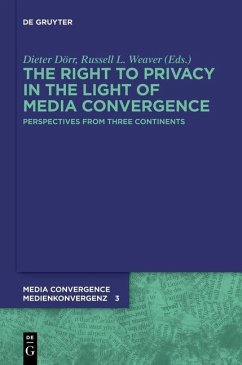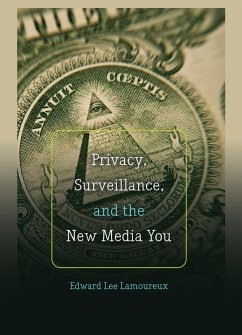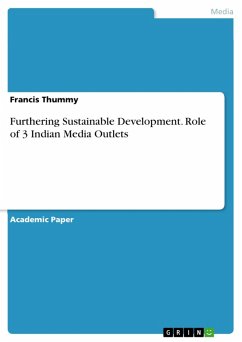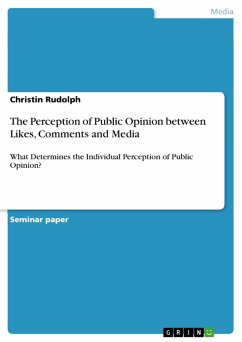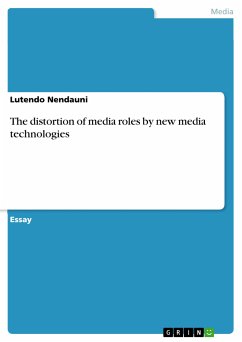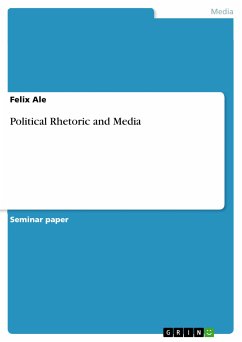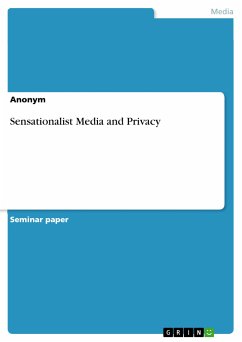
Sensationalist Media and Privacy (eBook, PDF)

PAYBACK Punkte
0 °P sammeln!
Seminar paper from the year 2006 in the subject Communications - Movies and Television, grade: 1,0, Northwestern University, language: English, abstract: The distinction between the public and the private side of an officeholder were once a clear matter. In the 1940s to beginning '60s, the press adhered to the "Rooseveltian rule" for press coverage: The private life of a public figure should stay private and undisclosed unless it seriously impinged on his or her public performance." (Sabato 30). This rule is per se soundly ethical, yet its application was lopsided in favor of the office-holder...
Seminar paper from the year 2006 in the subject Communications - Movies and Television, grade: 1,0, Northwestern University, language: English, abstract: The distinction between the public and the private side of an officeholder were once a clear matter. In the 1940s to beginning '60s, the press adhered to the "Rooseveltian rule" for press coverage: The private life of a public figure should stay private and undisclosed unless it seriously impinged on his or her public performance." (Sabato 30). This rule is per se soundly ethical, yet its application was lopsided in favor of the office-holder, the press keeping silent on personal flaws that infringed public performance. No reporter covered the fact that Roosevelt was a cripple, had a love affair and was severely ill in his last term; the media also remained silent on J.F. Kennedy's compulsive sexual behavior and extensive medication. This silence was part of the media's position to be friendly towards political office-holders, valuing the importance of political authority and stability. Reporting was "to serve and reinforce the political establishment" (Sabato 25). Extensive investigations could have endangered the American people's belief in their government, a seemingly inappropriate effect of journalism in a time of exterior threat, first the Second World War later the Cold War. This era from around 1941 to 1963 has thus been called the "lapdog journalism" phase. After Kennedy's assassination, most journalistic circles agreed that it was immoral to cover up for officeholders' lies and those private problems that affected their ability to hold office. The media lapsed into a short time of "watchdog" journalism (about 1966 to 1974), which meant a thorougher scrutinizing of public people and a more sceptical vantage point towards their (public and private) behavior and political statements. This time is also known as the golden era of "investigative journalism" as best highlighted in Bob Woodward's and Carl Bernstein's uncovering of the Watergate Scandal. Journalism in this period contributed to the democratic checks and balances system in uncovering politically important facts, while keeping news about politicians' private lives minimal.
Dieser Download kann aus rechtlichen Gründen nur mit Rechnungsadresse in A, B, BG, CY, CZ, D, DK, EW, E, FIN, F, GR, HR, H, IRL, I, LT, L, LR, M, NL, PL, P, R, S, SLO, SK ausgeliefert werden.




